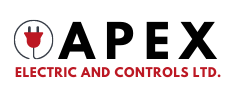In an era where energy consumption is at an all-time high and environmental concerns are at the forefront of global discussions, finding sustainable and efficient solutions for powering homes has become a paramount challenge. However, one transformative solution that has gained significant traction in recent years is the use of generators. These powerful devices have evolved beyond their traditional role as backup power sources during outages, becoming integral components in creating a more sustainable and resilient home environment.
The Generator Advantage
Generators have come a long way from being bulky, noisy, and fuel-dependent machines to sophisticated, eco-friendly power solutions that cater to the diverse needs of modern homes. The generator advantage extends beyond mere backup power, offering a range of benefits that contribute to a more efficient, cost-effective, and environmentally conscious living space.
Keep Your Power Uninterrupted
One of the key advantages of generators is their ability to provide uninterrupted power during outages. With the increasing frequency of extreme weather events and grid failures, having a reliable backup power source is essential for ensuring the continuity of daily life. Generators automatically kick in when the primary power source fails, ensuring that essential appliances and systems remain operational. This is particularly crucial for homes that rely on medical equipment, refrigeration, or heating and cooling systems to maintain a comfortable and safe living environment.
However, the generator advantage goes beyond emergencies. Modern generators are designed to be integrated seamlessly into a home’s energy infrastructure, offering continuous power support. This enables homeowners to adopt a more proactive approach to energy management, reducing their dependence on the grid and lowering electricity bills.
Traditional Vs. Contemporary
One notable aspect of the generator’s advantage is its contribution to sustainability. Traditional generators often rely on fossil fuels, emitting harmful pollutants and contributing to environmental degradation. In contrast, contemporary generators leverage advanced technologies such as solar power, wind energy, and clean-burning fuels, aligning with the global push towards renewable and eco-friendly energy sources.
Get Sustainable Power With a Solar-Powered Generator
Solar-powered generators, in particular, have gained popularity for their ability to harness the abundant energy provided by the sun. According to our friends at Sunshine Renewable Solutions, these generators use photovoltaic panels to convert sunlight into electricity, providing a clean and sustainable power source for homes. The integration of energy storage solutions, such as advanced batteries, ensures that excess energy generated during sunny periods is stored for later use, further optimizing the efficiency of the system.
Capitalize With Wind-Powered Generators
Wind-powered generators, on the other hand, capitalize on the kinetic energy of the wind to generate electricity. As wind turbines become more compact and efficient, they offer a viable option for homes in regions with consistent wind patterns. The generator’s advantage, in this context, lies in tapping into a natural and renewable resource to meet the energy demands of a household.
Propane Vs. Natural Gas
Clean-burning fuel generators, such as those powered by propane or natural gas, provide a reliable and environmentally friendly alternative to traditional gasoline or diesel generators. These generators produce fewer emissions, contributing to improved air quality and reduced environmental impact. The versatility of fuel options allows homeowners to choose the most sustainable and cost-effective solution based on their preferences and regional availability.
Live off the Grid
Another dimension of the generator advantage is the potential for off-grid living. As generators evolve to incorporate renewable energy sources and energy storage, homeowners have the opportunity to disconnect from the conventional power grid entirely. This shift towards off-grid living not only provides autonomy and resilience but also aligns with the growing trend of sustainable and self-sufficient lifestyles.
Enhance the Efficiency of Your Power
In addition to their primary function of power generation, modern generators often come equipped with smart technologies that enhance their overall efficiency. These smart features enable remote monitoring and control, allowing homeowners to manage their energy systems through mobile apps or other digital platforms. Real-time data on energy consumption, generator performance, and battery levels empower homeowners to make informed decisions, optimize energy usage, and further reduce their environmental footprint.
As the generator advantage continues to gain recognition, policymakers, industry leaders, and homeowners must collaborate to promote the widespread adoption of these transformative solutions. Incentives for renewable energy investments, regulatory support, and public awareness campaigns can play pivotal roles in accelerating the transition towards more sustainable and resilient homes.
Conclusion
In conclusion, the generator advantage represents a paradigm shift in the way homes harness and manage power. From ensuring uninterrupted electricity supply during outages to contributing to sustainability through renewable energy sources, generators have become essential components of modern homes. The transformative solutions they offer pave the way for a future where homes are not only resilient but also actively contribute to a more sustainable and eco-friendly world. As technology continues to advance, the generator advantage will likely play a central role in shaping the future of home energy solutions.









